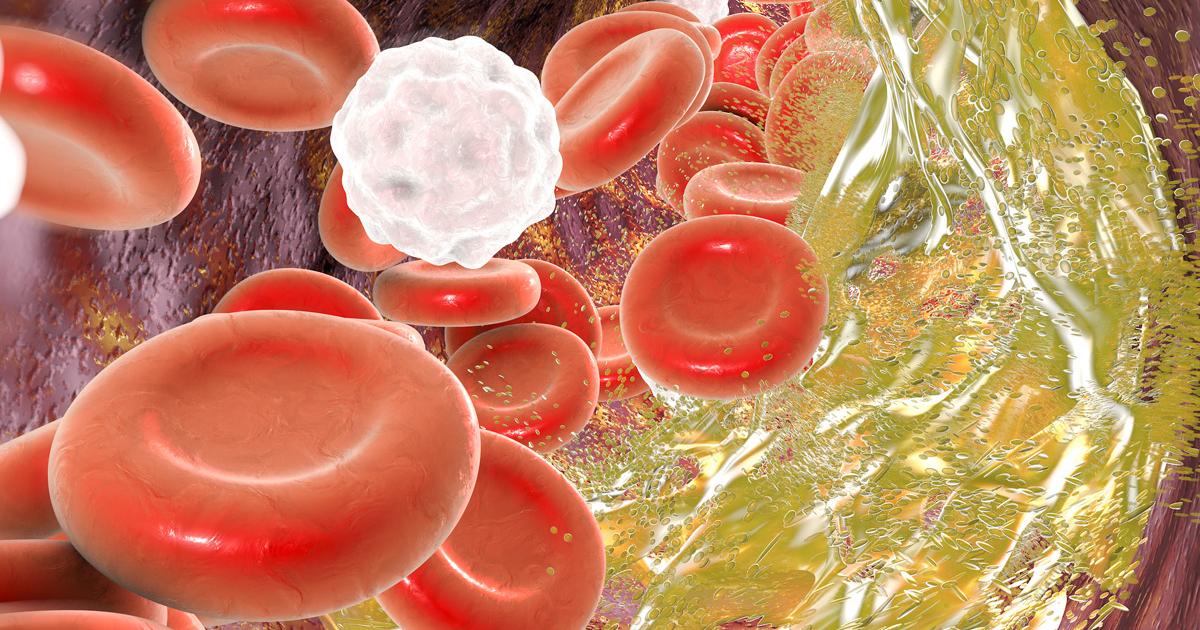Guide To Significant Stroke Causes And Risk Factors
High Cholesterol

An individual is at a greater risk of experiencing a stroke when they have high levels of certain plaque-promoting substances in their body like high cholesterol. High cholesterol refers to when an individual has a large amount of low-density lipoprotein cholesterol in their body. This harmful cholesterol gravitates to the areas where the individual has damage in their blood vessel and lodges itself in the blood vessel walls in the vulnerable areas. The individual's immune system senses the harmful substance and sends an influx of immune components to the site to encapsulate or trap the substance. However, the reaction between the white blood cells and the cholesterol is not helpful, as it triggers the proliferation of muscle cells on the interior lining of the artery that develops a cap over it. High cholesterol in the body can allow this process to occur in dozens of blood vessels. Quick spikes of high blood pressure or another form of impact can result in the rupture of the plaque cap, releasing the hardened clump of cholesterol into the bloodstream. The plaque can then travel to the individual's brain and become lodged in an artery, causing a stroke.
Read more about the risk factors associated with strokes now.